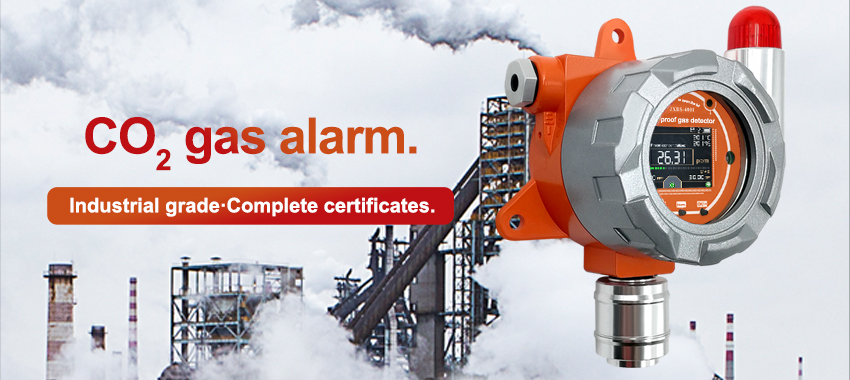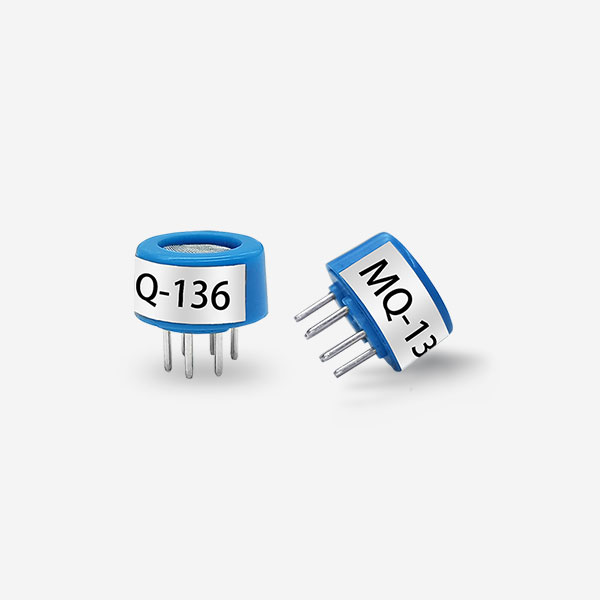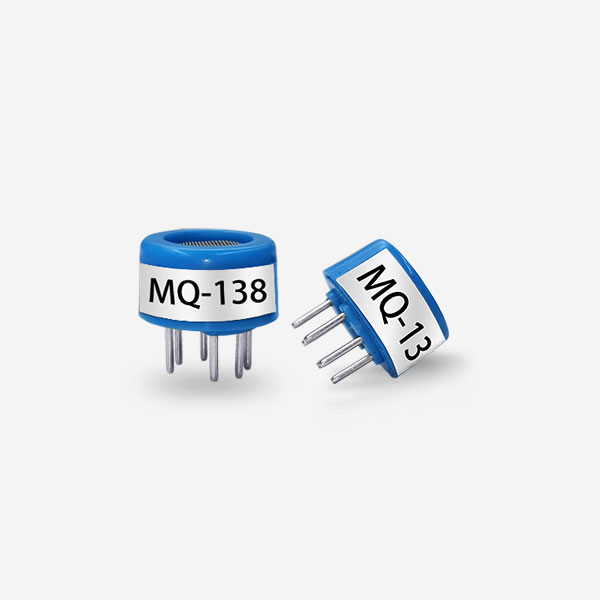In recent years, wearable gas sensors have emerged as a promising technology for personal health monitoring. These sensors are designed to detect and monitor the concentration of gases in the environment, including those that are produced by the human body. By wearing these sensors, individuals can monitor their own health and detect potential health issues before they become serious.
One of the most common gases that wearable sensors can detect is carbon dioxide (CO2). CO2 is a gas that is produced by the human body during respiration. High levels of CO2 in the environment can cause dizziness, headaches, and other health issues. By wearing a CO2 sensor, individuals can monitor their own CO2 levels and take steps to reduce their exposure to high levels of this gas.
Another gas that wearable sensors can detect is volatile organic compounds (VOCs). VOCs are gases that are produced by a variety of sources, including cleaning products, paints, and building materials. High levels of VOCs in the environment can cause respiratory problems, headaches, and other health issues. By wearing a VOC sensor, individuals can monitor their own exposure to these gases and take steps to reduce their exposure.
Wearable gas sensors can also be used to monitor the air quality in indoor environments. Poor indoor air quality can cause a variety of health issues, including respiratory problems, headaches, and fatigue. By wearing a gas sensor, individuals can monitor the air quality in their homes and workplaces and take steps to improve it.
One of the challenges of wearable gas sensors is their accuracy. These sensors must be highly accurate in order to provide meaningful data to users. In addition, they must be small and lightweight enough to be worn comfortably for extended periods of time. Researchers are working to develop new materials and technologies that can improve the accuracy and performance of these sensors.
Despite these challenges, wearable gas sensors hold great promise for personal health monitoring. By monitoring the concentration of gases in the environment, individuals can take steps to protect their own health and prevent potential health issues from becoming serious. As this technology continues to develop, it has the potential to revolutionize the way we monitor and manage our own health.
 : +86 155 8830 2704
: +86 155 8830 2704 : jxdziot@gmail.com
: jxdziot@gmail.com
